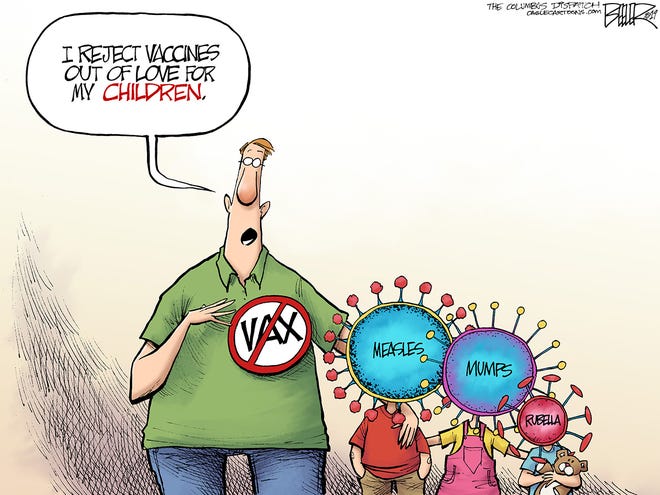Misinformation
on vaccines readily available online
University of Otago
 Parents researching childhood vaccinations online are likely to
encounter significant levels of negative information, researchers at the
University of Otago, Wellington, have found.
Parents researching childhood vaccinations online are likely to
encounter significant levels of negative information, researchers at the
University of Otago, Wellington, have found.
Lead researcher Dr Lucy Elkin says negative information about
vaccines remains readily available on Google, Facebook and YouTube, despite
attempts by the internet platforms to better control access to misinformation
through algorithm and policy changes.
The researchers searched the three platforms for information on
vaccines, mimicking the kind of 'real-life' search that would be conducted by a
parent looking for information on childhood vaccinations. Their research is
published in the leading scientific journal Vaccine.
Dr Elkin says that while most of the websites generated by
Google (80 per cent) and videos published on YouTube (75 per cent) were
positive about vaccines, half of the Facebook pages were negative towards
vaccines.
"Parents would be able to find information encouraging or discouraging vaccination on the vast majority of the websites, Facebook pages and YouTube videos analysed, but popular pages on Facebook containing vaccine information were more polarised."
She says steps being taken to reduce the amount of "vaccine
misinformation" shared on websites are likely to be improving the quality
of information available on Google and YouTube.
"The greater proportion of vaccine negative content on
Facebook compared to YouTube may reflect the different degrees to which
providers are censoring vaccine-negative content.
"Facebook state that the purpose of their platform is to
'build community' and to 'connect with others'. This could mean that Facebook
may intentionally connect people with like-minded views on vaccination and
therefore have little interest in censoring vaccine-negative content.
"This is significant because, typically, when browsing
anything on the internet, a person's search history is remembered and further
similar content will be generated. Those reading vaccine-critical information
on Facebook are more likely to come across vaccine-critical information in
subsequent searches on any platform, regardless of whether they are looking on
social media, or on a search engine."
Dr Elkin says the level of vaccine critical information on
Facebook is concerning because evidence shows those viewing vaccine-critical
information online are more likely to be hesitant about getting their children
vaccinated.
"It is important that vaccine-promoting agencies continue
to make every effort to maximize their presence online so that parents who are
researching whether or not to vaccinate their children will encounter
evidence-based information online."
She says health professionals can also help to accurately inform
and support parents by referring them to credible websites containing
well-validated information.